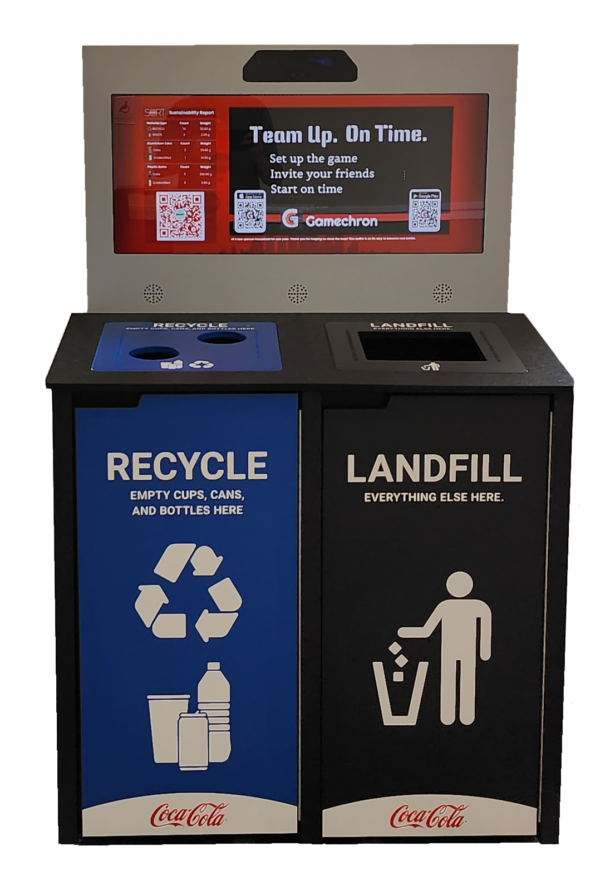Waste management has been a growing concern for many years, with the world producing more waste than ever before. As populations continue to increase, the amount of waste generated will only grow. The good news is that technology is advancing to provide solutions that can help manage waste more efficiently. In this blog post, we’ll explore the future of waste management, specifically how the Internet of Things (IoT) and big data are transforming the industry.
IoT is a network of devices that communicate with each other, and it’s becoming increasingly prevalent in waste management. Sensors embedded in waste bins can measure the fill level, temperature, and other metrics, which are then transmitted to a central system. This real-time data allows waste management companies to optimize their collection routes, reducing the amount of time and fuel spent driving around empty or partially-filled bins.
By using IoT technology, waste management companies can also detect and respond to issues more quickly. For example, if a bin is overflowing, a sensor can alert the company, and they can dispatch a collection vehicle to empty the bin before it becomes a problem. This type of proactive management can help prevent overflowing bins and reduce litter on the streets.
Big data analytics is also playing a critical role in waste management. With the vast amount of data generated by IoT devices, waste management companies can analyze trends and make data-driven decisions. For example, they can identify areas with high levels of waste generation and adjust their collection schedules accordingly. They can also identify the types of waste being generated, allowing them to tailor their recycling and disposal programs to maximize efficiency.
In addition, big data analytics can help waste management companies identify opportunities to reduce waste generation. For example, they can analyze data on the types of waste generated by businesses and suggest ways to reduce it, such as using more eco-friendly packaging or reducing food waste.
One of the most exciting aspects of IoT and big data in waste management is their potential to contribute to a circular economy. A circular economy is a system where waste is minimized, and resources are reused and recycled. With IoT and big data, waste management companies can better track the flow of materials through the system, from production to disposal, and identify opportunities to reuse or recycle materials that would otherwise be thrown away.
IoT and big data are transforming the waste management industry, providing real-time data and insights that allow waste management companies to optimize their operations, reduce waste generation, and contribute to a circular economy. As technology continues to advance, it’s exciting to think about the possibilities for a more sustainable future.




